B3 Conference
Multi-layered, forward-looking, high-caliber and diverse
The program of the B3 Conference takes up current topics and trends in the creative and media industries. International differences and commonalities are highlighted and analyzed.In keynotes, master classes, panel discussions or workshops, personalities from media, art, politics and science discuss and present their insights and opinions on socio-political, artistic, legal, higher-level as well as practice-oriented topics. The B3 audience is always welcome to join the discussion. Please note that participation in specially designated events is exclusively open to accredited professionals.
All talks will be shown at the ASTOR Film Lounge MyZeil in the heart of Frankfurt.













